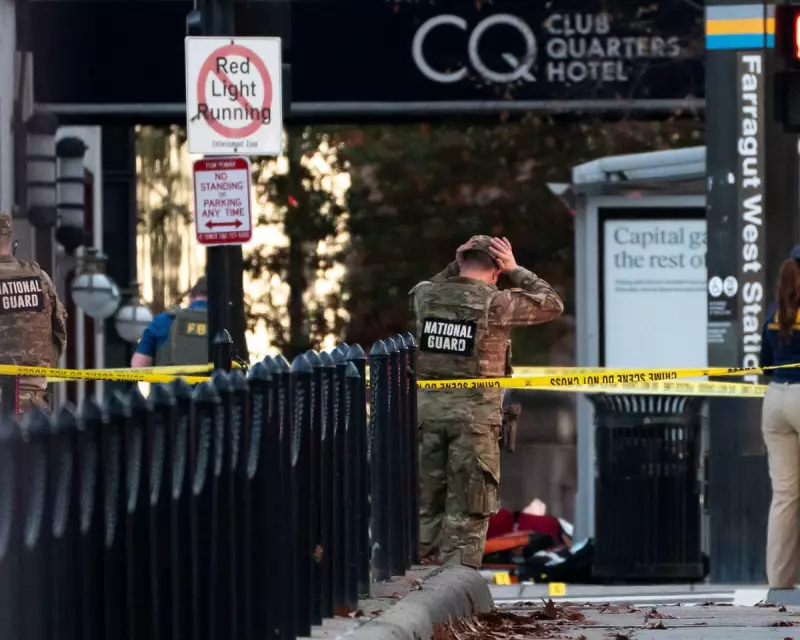
Two National Guard members are in a critical condition after being shot just blocks from the White House in Washington DC on Wednesday. The ambush occurred outside the Farragut West Metro station, a busy downtown area, marking a significant escalation in tensions surrounding the military deployment in the nation's capital.
A Political Opportunity Seized
In a televised address from his Mar-a-Lago estate in Florida, President Donald Trump swiftly linked the attack to his core political themes. He revealed that the suspect entered the United States from Afghanistan in 2021 and used the incident to announce a sweeping review of the status of Afghan nationals in the country. Trump declared, "We must now reexamine every single alien who has entered our country from Afghanistan under Biden," signalling a potential new aggressive crackdown by Immigration and Customs Enforcement (ICE).
The president's response, which included a xenophobic attack on Somalis in Minnesota, was seen by critics as a deliberate attempt to distract his base from other issues like rising prices. The remarks came just a day after Trump had proclaimed Washington DC a "totally safe city" during the White House turkey pardoning ceremony.
The Context of the Guard's Deployment
The shooting is the first major act of violence involving the National Guard, which has been a visible presence in the city since August. At that time, Trump declared a "crime emergency," placed the city's police under federal control, and ordered the deployment of 2,375 National Guard troops to Washington DC.
Initially, their presence has proved less incendiary than other federal agencies, with last month's No Kings protests passing peacefully. However, media reports and anonymous accounts from within the Guard ranks suggest deep dissatisfaction with their duties, which have recently included menial tasks like park beautification, clearing trash, and landscaping.
An anonymous member of the Ohio Guard told NPR via an encrypted chat, "And then you want me to go pick up trash and dissuade homeless people in DC at gunpoint. Like, no dude. It's so disheartening."
An Escalating Stance and National Repercussions
In the immediate aftermath of the shooting, President Trump announced the deployment of an additional 500 National Guard troops, extending their presence until at least the end of February. This move amplifies concerns about the militarisation of American cities and the risk of further escalation.
The incident also casts a stark light on the nation's gun violence crisis. John Feinblatt, president of Everytown for Gun Safety, stated, "The fact that this can happen to members of the military just steps from the White House serves as a painful reminder that in a country awash with guns, no neighbourhood is beyond the reach of this crisis."
Instead of a call for unity, the president's response has been to pour fuel on the flames, ensuring that the shooting near the White House will have profound and divisive consequences for immigration policy and domestic security.





